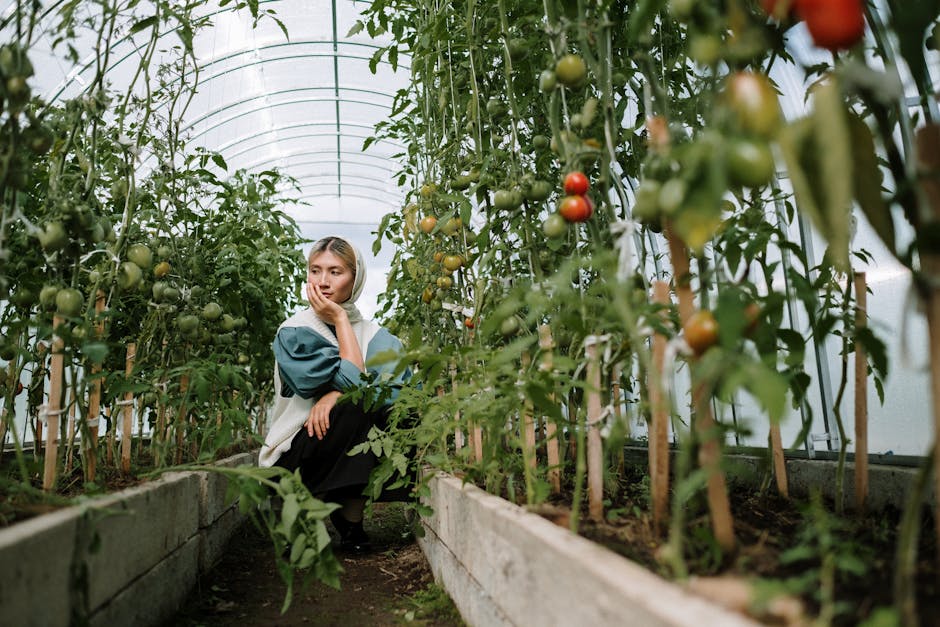Current agricultural systems, largely reliant on intensive farming techniques, contribute significantly to environmental degradation. High reliance on chemical fertilizers leads to water pollution through nutrient runoff, harming aquatic ecosystems and human health. Pesticide use decimates beneficial insects and biodiversity, disrupting ecological balance. Furthermore, intensive livestock farming generates substantial greenhouse gas emissions, exacerbating climate change. Deforestation to expand agricultural land further intensifies these issues, contributing to biodiversity loss and carbon cycle disruption. These unsustainable practices undermine long-term food security and environmental resilience.
Sustainable agriculture, conversely, emphasizes environmentally sound practices that enhance both productivity and environmental protection. Key principles include biodiversity enhancement through crop diversification and agroforestry systems. This reduces vulnerability to pests and diseases and improves soil health. Minimizing synthetic inputs, such as fertilizers and pesticides, relies on natural methods like crop rotation, cover cropping, and integrated pest management. These techniques restore soil fertility, conserve water, and reduce pollution. Moreover, sustainable agriculture often incorporates water-efficient irrigation methods and promotes responsible livestock management, minimizing greenhouse gas emissions and improving animal welfare.
Several successful examples illustrate the potential of sustainable agriculture. Agroecology, a holistic approach emphasizing ecological principles, demonstrates considerable success in diverse regions. Studies in various countries show that agroecological farms often achieve comparable yields to conventional farms, while simultaneously reducing environmental impact. For example, research conducted in Latin America has revealed that agroecological systems can maintain high productivity while sequestering significant amounts of carbon in the soil, thereby mitigating climate change. Similarly, integrated farming systems, combining crop production with livestock rearing, demonstrate the synergistic benefits of diversified agriculture, enhancing efficiency and resource utilization.
However, scaling up sustainable agriculture to meet the needs of a growing population requires addressing several crucial challenges. One major hurdle is the perceived lower productivity of some sustainable farming techniques compared to conventional methods, especially in the short term. While long-term studies often demonstrate comparable or even superior yields, initial investment in infrastructure and training may deter farmers from adopting sustainable practices. Furthermore, market access and pricing mechanisms often disadvantage sustainable products, making them less competitive compared to conventionally produced food. The lack of sufficient financial incentives and supportive policies further impedes the widespread adoption of sustainable agriculture.
Technological advancements offer valuable tools to enhance the efficiency and scalability of sustainable agriculture. Precision agriculture, utilizing technologies like GPS and sensors, allows for optimized resource management, reducing waste and improving yields. Improved breeding techniques, focusing on developing climate-resilient and pest-resistant crops, can significantly boost productivity while minimizing environmental impact. Furthermore, advancements in biotechnology, such as biopesticides and biofertilizers, offer environmentally friendly alternatives to synthetic inputs. However, the responsible development and application of such technologies are critical to avoid unintended consequences and ensure equitable access.
Policy plays a crucial role in fostering the transition towards sustainable agriculture. Government support through research and development, farmer training, and financial incentives can incentivize the adoption of sustainable practices. Developing robust market mechanisms that fairly price sustainable products and support farmers’ transition costs is equally important. Furthermore, policies that address land tenure security, water management, and access to credit are vital in creating enabling environments for sustainable agriculture to thrive. International cooperation is also essential in sharing knowledge, technology, and best practices among different regions.
In conclusion, while significant challenges remain, sustainable agriculture holds immense potential to feed a growing population while protecting the environment. This transition requires a multifaceted approach involving technological innovation, supportive policies, and a shift in consumer behavior. Investing in research, promoting farmer training, and creating fair market conditions for sustainable products are essential steps towards achieving food security while ensuring environmental sustainability for future generations. A holistic, integrated strategy that prioritizes biodiversity, resource efficiency, and social equity will be pivotal in navigating the complex interplay between food production, environmental protection, and population growth. The shift towards sustainable agriculture is not merely an option, but a necessity for ensuring a food-secure and environmentally resilient future.
